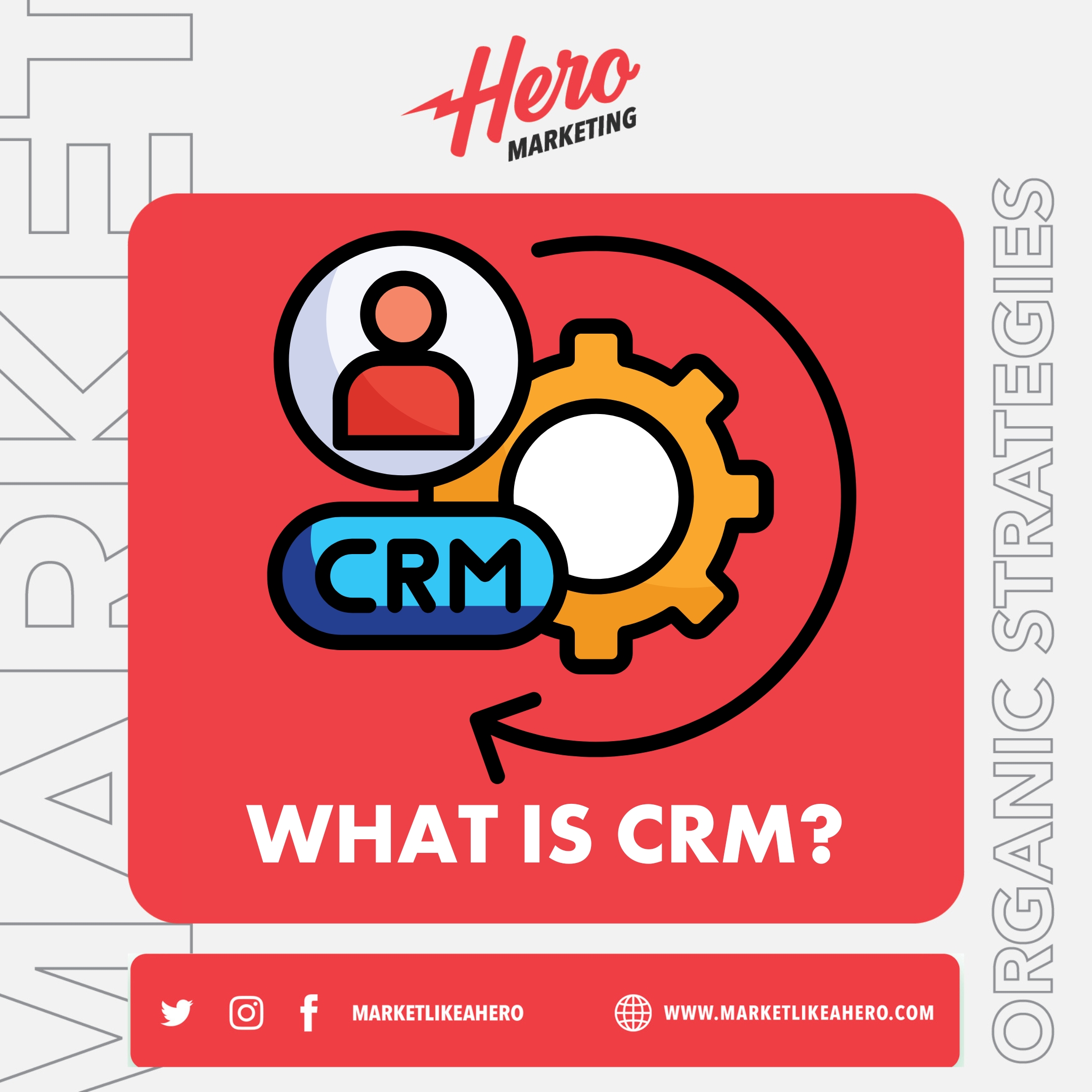Customer relationship management (CRM) is one of the many business and marketing terms that gets tossed around today. But what is CRM, exactly? And more importantly, why should you be concerned about it?
Customer relationship management refers to both a technology and a strategy, which can get confusing. It’s a must-have tool for just about any business and is a critical component of a successful marketing strategy.
So, what is CRM? Learn the answer and more in this guide so that you can integrate this concept into your business management plan.
What Does CRM Stand For?
CRM stands for customer relationship management. It refers to the need for business owners to proactively manage relationships with current and potential customers. The goal is to turn them into loyal supporters and advocates.
CRM technology and concepts are meant to provide a framework for nurturing customer relationships. You need both if you want to retain more customers and support long-term business expansion.
So, What Is CRM, Exactly?
CRM technology is a software solution that provides you with tools for creating and managing customer information, including contact details and transaction history. You can use the information in your CRM to follow up with leads, re-engage with past customers who haven’t made a purchase in a while, and keep consumers engaged.
A customer relationship management strategy is a framework combining processes and CRM tech to improve customer relationships and boost sales. For example, sending follow-up emails to new customers after they complete their first purchase may be part of your strategy. You can use the tools within the CRM software to carry out that action.
What Does a CRM System Do?
A CRM system serves as a centralized platform that organizes and automates a wide range of customer-facing activities, such as sending out emails and reminding sales staff to follow up with high-quality leads at predetermined intervals. Some key functions of customer relationship management software include the following:
- Contact Management: Gathers and organizes consumer data to support future interactions and build long-term relationships
- Sales Management: Tracks sales activities and helps your employees manage leads
- Marketing Automation: Enables more efficient customer outreach
- Customer Service: Records customer contacts and conversations to improve service quality and satisfaction
There are many CRM platforms out there. If you’re in the market for new CRM tech, prioritize options that have features specific to your industry. You should also look for a solution that integrates with apps that your team is already using, such as Microsoft Teams or Google Calendar.
What Is CRM in Marketing?
In the context of marketing, customer relationship management often refers to CRM management services. Marketing agencies that offer this kind of support may provide consulting services and assist in setting up and managing your CRM platform.
For example, Hero Marketing Agency offers hands-on consulting solutions to help you foster meaningful relationships with customers. Our team of CRM experts also has expertise in customer relationship management solutions on platforms like:
- HubSpot
- Salesforce
- Microsoft
The goal of these services is to unlock the insights you need to win over customers and cultivate loyalty.
Explore CRM Management from Hero Marketing Agency
At Hero Marketing Agency, we pride ourselves on having some of the best CRM experts in the services industries. Our in-house team also includes one of the premier CRM professionals in the HVAC sector. Contact Hero Marketing Agency and let us ensure you know where your marketing dollars are going and what your ROI is







